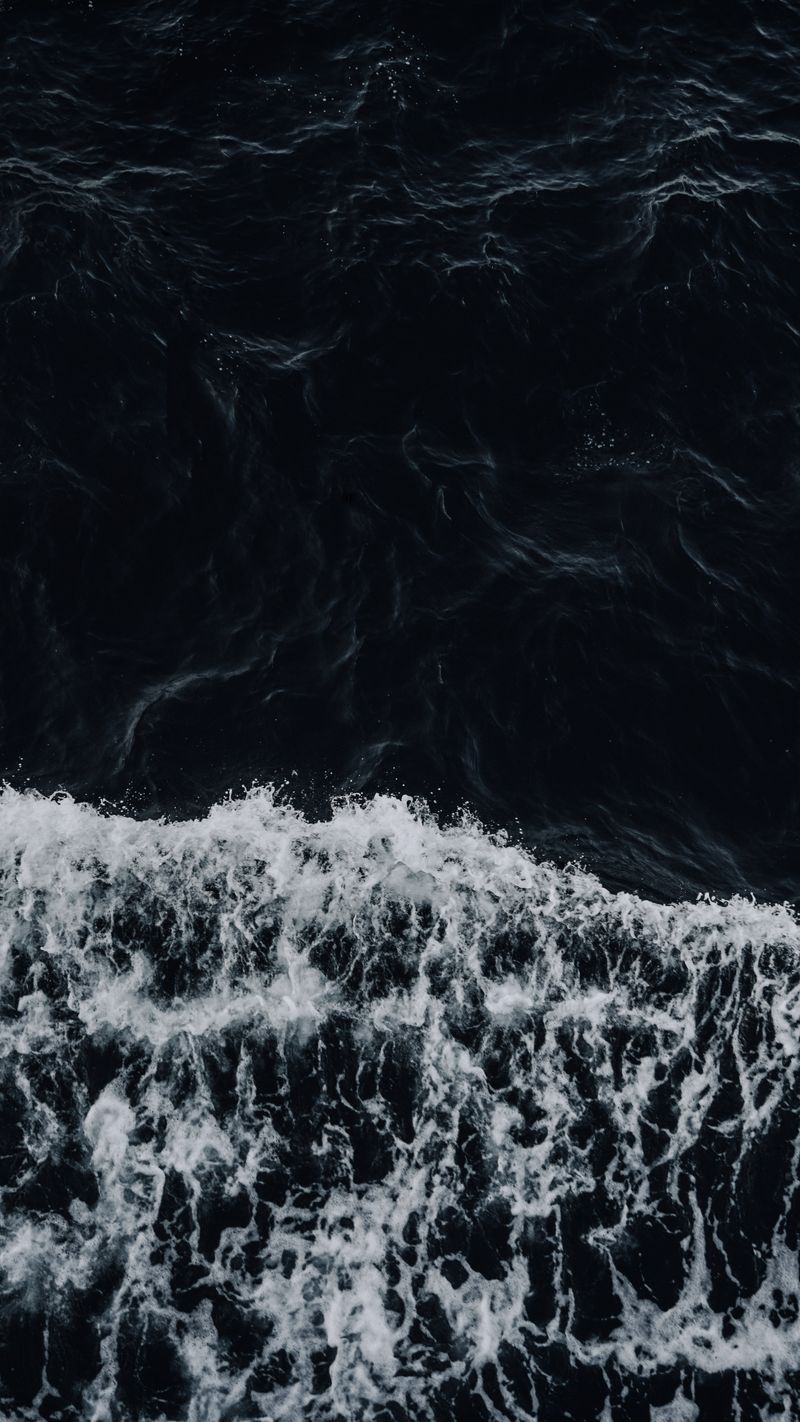Table of Contents
Charting a Course for Ocean Protection: A Happy First Step
Last month, leaders from around the world gathered in New York City to witness a historic event – the signing of the Global Ocean Treaty. This treaty, which was adopted earlier this year, represents a triumph for multilateralism, people, and nature. It is a crucial step towards ensuring the protection of our oceans for generations to come.
A Global Commitment to Protect Our Oceans
With over 5.5 million people voicing their concerns, countries set aside their differences and united in support of the Global Ocean Treaty. The treaty is a powerful tool that can be used to create vast ocean sanctuaries, allowing marine life to recover and thrive. These sanctuaries play a critical role in the fight against climate change and the nature emergency, providing ecosystems with resilience amidst rapidly warming temperatures.
However, the treaty will only enter into force once at least 60 governments have ratified it. Without this, it will be impossible to fulfill the global commitment to protect at least 30% of the Earth’s land and sea by 2030. The clock is ticking, and leaders must act swiftly to bring the treaty into national law in their respective countries.
Celebrating Progress, but Upholding the Promise
The signing of the Global Ocean Treaty is undoubtedly a cause for celebration. It marks a significant moment in the ongoing efforts to protect our oceans and preserve the delicate balance of life that depends on them. However, we must remember that this is just the beginning.
As Mads Christensen, Executive Director of Greenpeace International, emphasizes, world leaders must now ratify the treaty in their own countries for it to truly take effect. The UN’s own deadline for protecting 30% of the oceans is rapidly approaching in 2030, and it is essential that the treaty is ratified in time to enter into force at the UN Ocean Conference in 2025.
The journey to real ocean protection is a long road, and it requires consistent commitment and action from governments worldwide. The symbolic gesture of signing the treaty must be followed by tangible efforts to implement its provisions at home. It is only then that we can truly celebrate the protection of our oceans.
The Role of Individuals in Ocean Protection
While governments play a crucial role in enacting legislation and policies to protect our oceans, individuals also have an important part to play. As citizens of this planet, we can support organizations like Greenpeace, which tirelessly work to catalyze change and hold governments accountable for their environmental responsibilities.
Furthermore, we can make conscious choices in our daily lives to reduce our impact on the oceans. This can include reducing single-use plastic consumption, supporting sustainable fishing practices, and advocating for stronger environmental regulations.
Promoting Long-Term Ocean Conservation
The signing of the Global Ocean Treaty is undoubtedly a moment to celebrate, but it must also serve as a call to action. Governments and individuals alike must work together to ensure its swift ratification and implementation. The fate of our oceans and the countless species that call them home depends on our collective commitment to long-term conservation efforts.
By preserving and protecting our oceans, we are safeguarding the very essence of life on Earth. Let us chart a course towards a future where the oceans thrive, and future generations can enjoy the wonders of the deep blue sea.

<< photo by Dio Alif Utomo >>
The image is for illustrative purposes only and does not depict the actual situation.
You might want to read !
- Listening and Addressing the Concerns of Pacific Islanders Over Deep Sea Mining
- Deep Sea Mining: A Ticking Time Bomb for Marine Ecosystems
- Indigenous Pacific Leaders Rally for Global Support in Banning Deep Sea Mining
- No End in Sight: The Elusive Pursuit of Justice in Post-Tishreen Iraq
- Vietnam’s Climate Activist: Charges Must Be Dropped
- Greenpeace Reacts to New Net Zero Report: A Critical Analysis
- “Charting a Course for Global Ocean Cooperation: UN Ocean Treaty Gains Momentum”
- Big Oil Dominates Rugby World Cup Sponsorship, Greenpeace France Raises Concerns
- Companies Must Be Held Accountable for FSO SAFER Oil Transfer: Greenpeace MENA
- The Environmental and Economic Risks of Norway’s Arctic Deep Sea Mining Plans